Master of Applied Computing, MAC – Artificial Intelligence Stream

Mathematics, BMath (General)

Economics, BA (General)

Igho Obgogine

“One of the valuable skills I acquired during my studies in the Master of Actuarial Science program at the University of Windsor involves the ability to handle intricate datasets and derive meaningful insights from them. The department is fortunate to have dedicated professors who are deeply committed to ensuring their students’ achievements. Echoing the sentiments […]
Cole Ryan Speelman

Cole Speelman is a web developer, designer, and passionate innovator working in the Enrolment Management department at the University of Windsor where he develops web solutions that improve student experiences and enhance enrolment.
HS25: Science, Nursing, and Concurrent Education
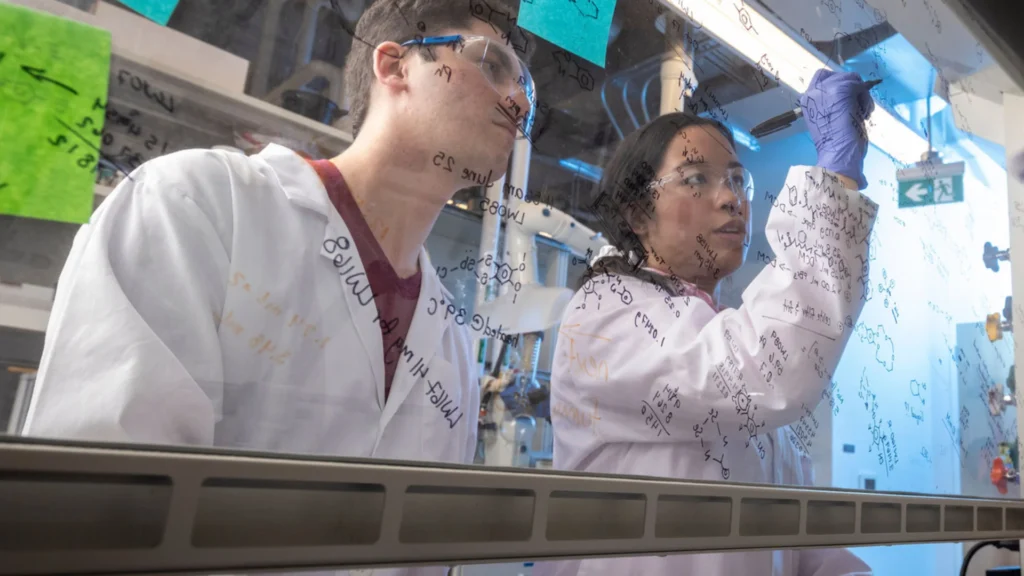
Jumpstart your journey in Science, Nursing, or Concurrent Education with tailored sessions, campus tours, and expert guidance from faculty and student leaders.
Kasfia Jahan Sathy

My experience at UWindsor has been enriching, with supportive faculty, diverse courses, and hands-on research opportunities in sustainable materials. The program’s strong research focus, experienced faculty, and access to advanced facilities make it ideal for my career goals. Its location near industrial hubs adds great networking opportunities. I’ve gained technical skills, presented at events, and […]
Andrew Hubberstey

The Department of Biomedical Sciences is excited about this novel MSc program which will link our graduate students with local clinical health research partners. Students will gain experience in relating basic and clinical research and learn how to analyze health related data and as a one-year MSc degree, this program will appeal to students with […]
Martin Crozier

Thank you for taking time to learn more about our MSTHS program. As the program coordinator I am happy to answer any questions you might have. Feel free to reach out and contact me at mcrozier@uwindsor.ca, or visit our program’s homepage to learn more about MSTHS.
Ravee Shah
The MMB program is a rich blend of the science and business courses. The well-designed courses enabled me to gain insight on various aspects of drug discovery and design as well as the skills and knowledge required to get them into the market. The class activities and interactions encouraged by the professors helped me to […]
Physics, MSc

Physics, PhD

Master of Medical Biotechnology, MMB
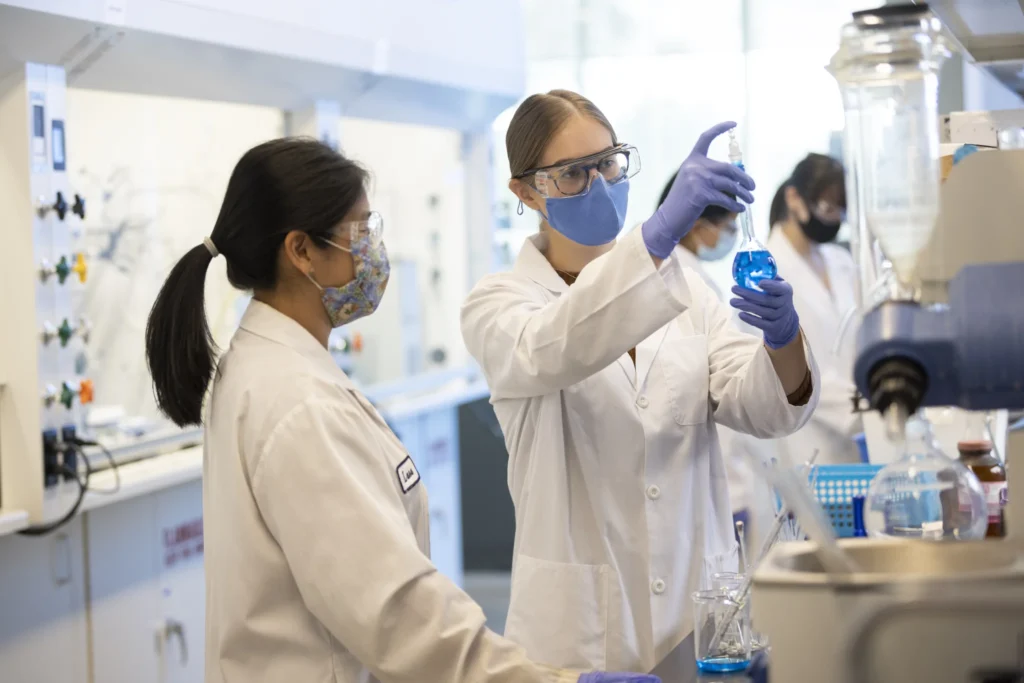
Mathematics & Statistics, PhD

Mathematics & Statistics, MSc

Master of Science in Translational Health Sciences, MSc

Environmental Science, PhD
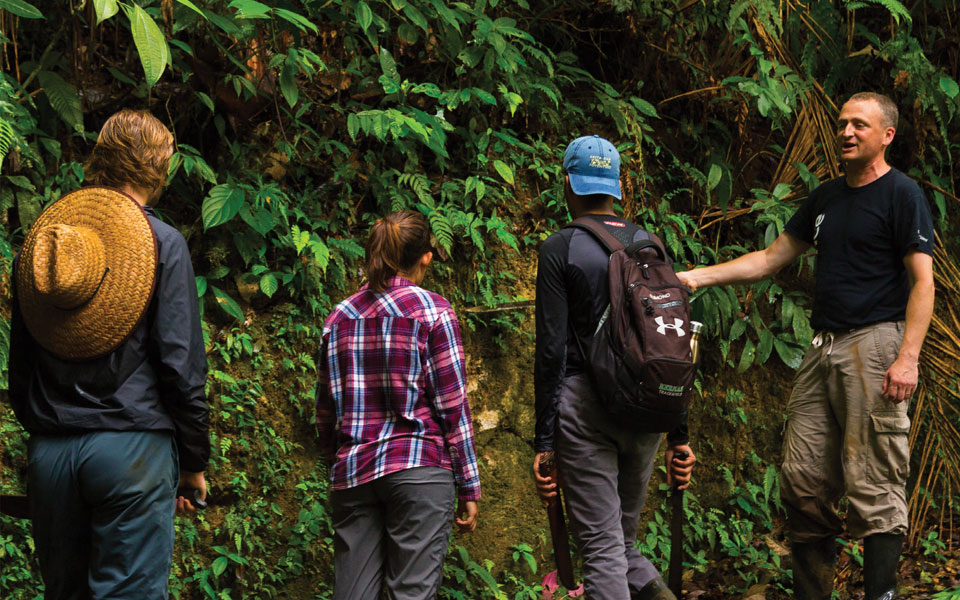
Environmental Science, MSc

Economics, MA

Computer Science, MSc

Earth Sciences, PhD

Earth Sciences, MSc

Computer Science, PhD

Chemistry & Biochemistry, MSc

Chemistry & Biochemistry, PhD
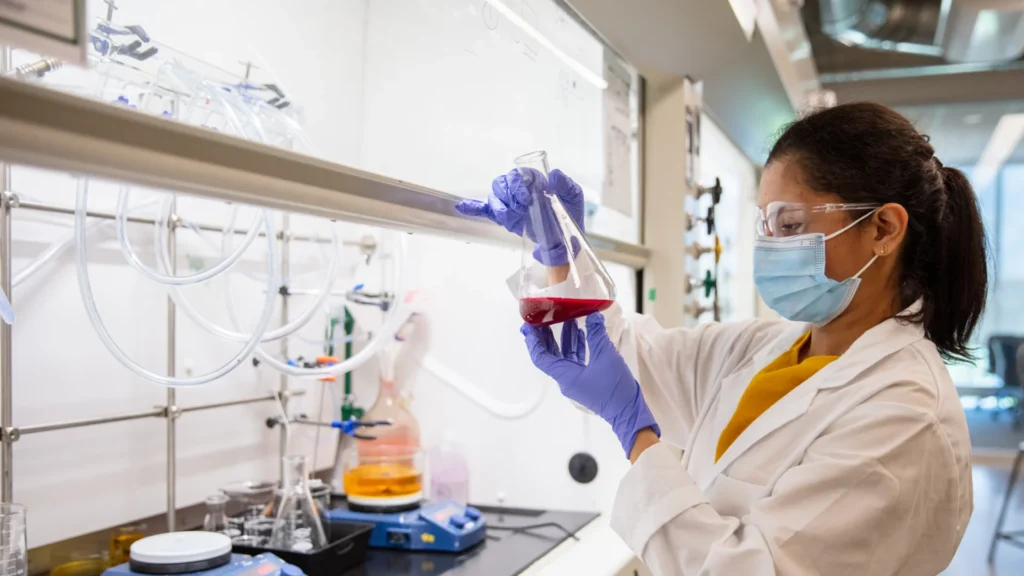
Biological Sciences, PhD
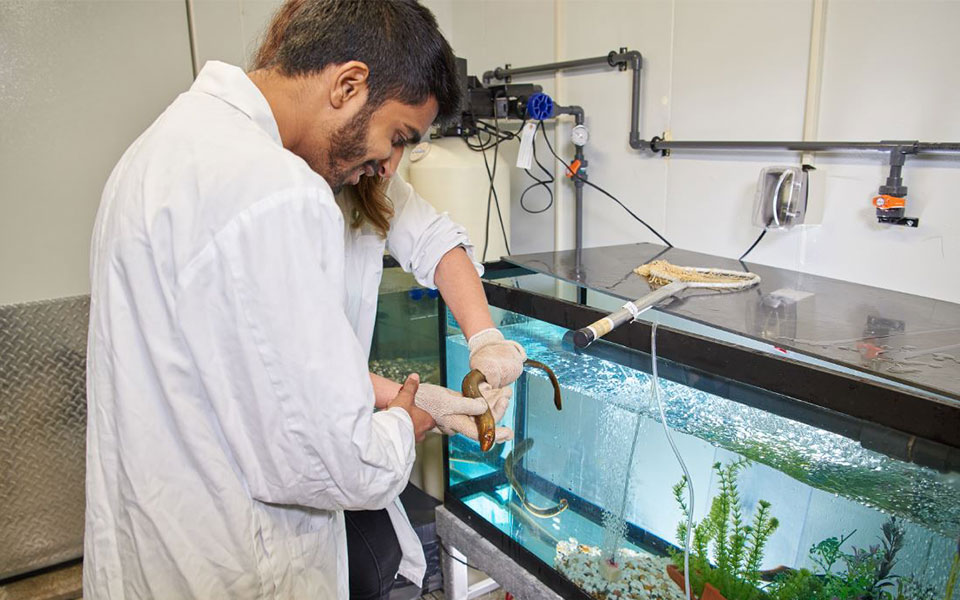
Biological Sciences, MSc

Computer Science (General)

Tom Grondin

Actuaries price uncertainty and measure risks for governments, companies, and individuals, in areas related to property casualty and life insurance, health care benefits, pensions, social security programs and other complex financial instruments. The MActSc program at the U of Windsor prepares students for professional exams of the Society of Actuaries (SOA). Faculty includes Fellows of […]
Sang-Chul Suh

The program is designed to train individuals to acquire the knowledge and skills needed to be an expert decision maker in the current globalized economy. It provides students a firm understanding of the core principles of economic theory and the experiences of handling and analyzing data. Graduates of the program will be ready to tackle […]
Master of Applied Economics & Policy

Nurlan Turdaliev

There is an increasing need both from the private sector and the public sector, and in particular, from the emerging economies, that requires professionals with a strong economic background and policy making skills. Graduates from the program will have the knowledge and the skills to help decision-makers choose sound economic policies. It will enable them […]
Interdisciplinary Health Science
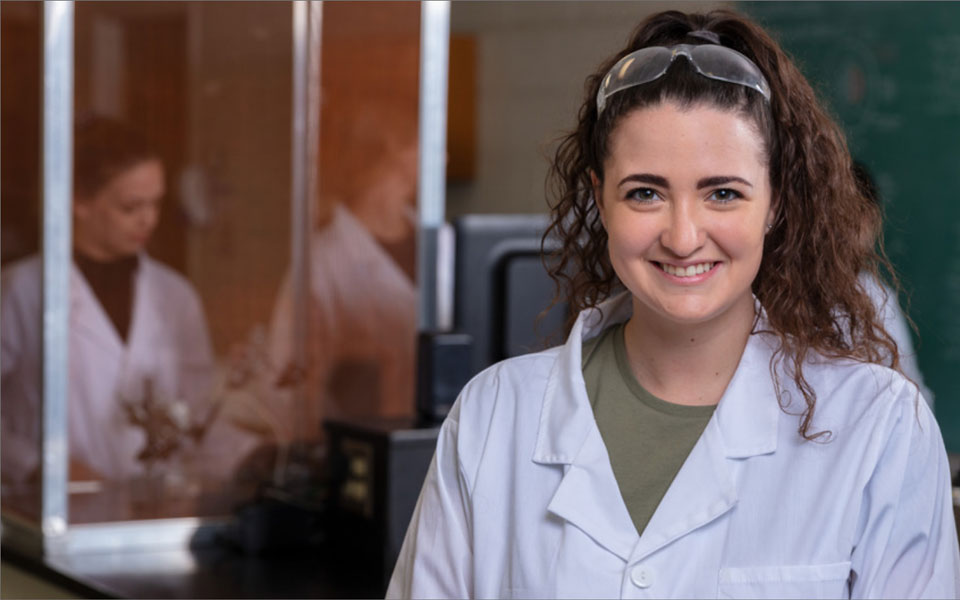
Combined Honours Mathematics Programs

FRSC 1101: Introductory Crime Scene Investigation and Techniques
This course will introduce students to the theoretical background of scientific methods used in Forensic Science and their practical applications to crime scene investigation. The focus of the course is exploration and examination of evidence found at crime scenes. The students learn and practice the discovery, identification, collection, examination and processing of various types of […]
Katja Bekcic

One of my favourite things about ArtSci was that I had flexibility in choosing courses I was most interested in. I was also exposed to many courses I really enjoyed but would not have taken if I was in a different program. Another thing I really appreciated about ArtSci was that its small program size […]
Teodora Secara

Arts and science is a unique program because it doesn’t restrict its students – you are able to construct a degree that is truly reflective of your interests as a learner. The support system provided by both students and professors is also one of the strongest aspects of ArtSci. I worked in a medicinal organic […]
Hassan Shaban

My time in ArtSci had been nothing short of exceptional. The small class sizes, the caring professors, and the connections I forged with my peers in my cohort are something I continue to cherish to this day…. To prospective students, if you have a passion for both science and art, I encourage you to take […]
Master of Applied Computing, MAC

Master of Actuarial Science, MActSc
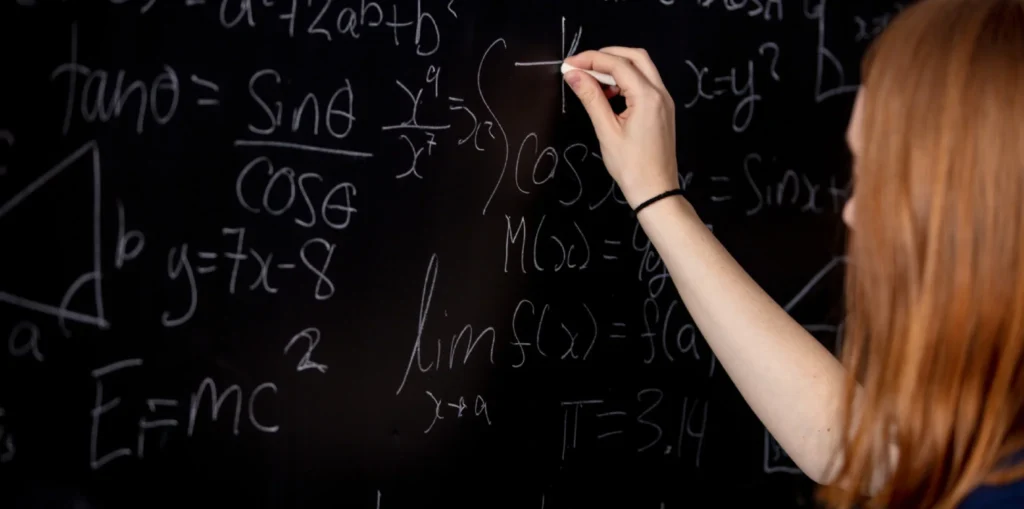
Elyssa Biscocho

The professors are actually practicing in their profession, so they get to share what they do in the clinic. You get to be really close with your professors.
Micaela Carlini

I was surprised at how welcoming and personable all my professors are and fascinated by how the program integrates biology and psychology because I love both disciplines.
Sharon Hanna

Choosing History at UWindsor was the best decision I ever made. My degree was as unique as they come—balancing History with Biological Sciences—but from day one, I was encouraged that my diverse interests were a strength. The History department gave me every opportunity to succeed, from office hours spent going line-by-line through my papers teaching […]
Iain Macri
“My Forensic Science journey began with a strong interest in getting involved in Forensic Identification. It took a big turn in my fourth year as I did my practicum and thesis at Windsor Regional Hospital in Pathology. I was amazed and inspired by the career of a Pathologists’ Assistant. Shortly after graduating with Honours – […]
Mathematics with Finance Concentration

Mathematics, Actuarial Science

General Science
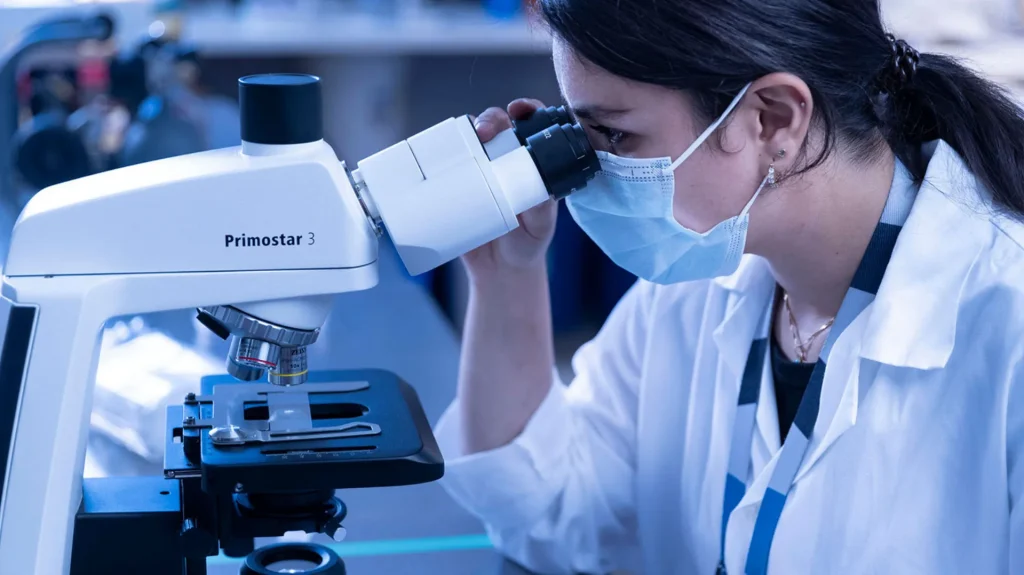
Forensic Science (BA)
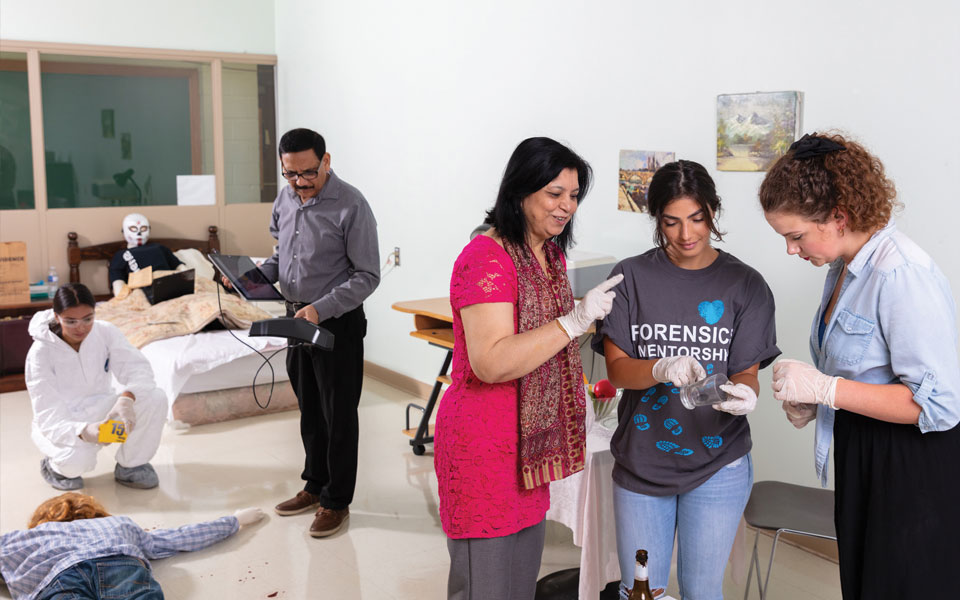
Environmental Studies

Mathematics and Computer Science

Computer Science, Software Engineering Specialization

Computer Science, Applied Computing

Computer Science, Bachelor of Information Technology

Biochemistry and Biomedical Sciences – Health Science Stream
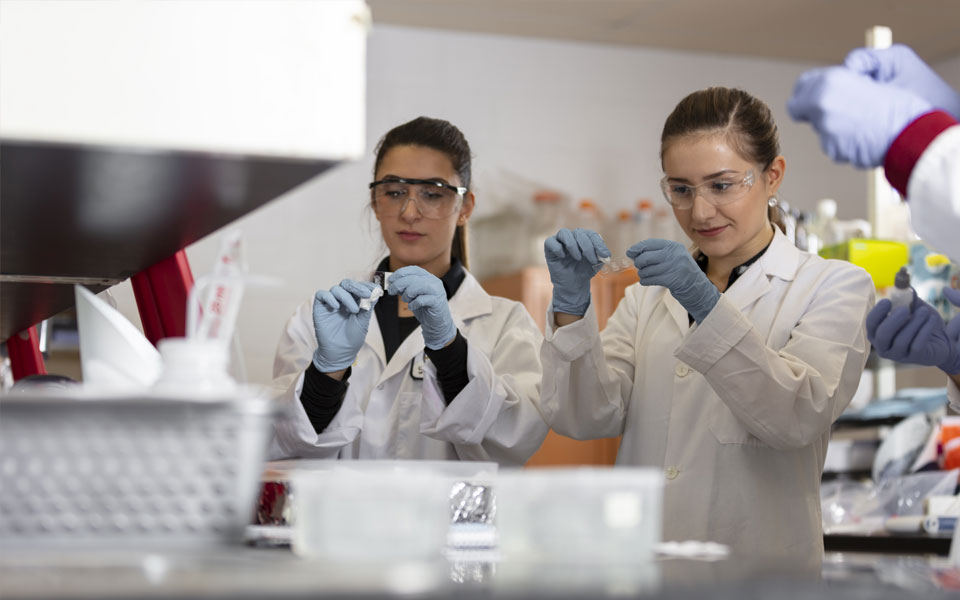
Biochemistry – Pharmacy Stream

Business Administration and Mathematics

Business Administration and Computer Science

Melissa Mathers

The courses and extracurricular service learning opportunities that I had access to at the University of Windsor gave me the experience and skills I needed to work in national and international collaborations immediately upon graduation.
Physics, Medical Physics

Psychology – Interdisciplinary Health Science Stream

Biological Sciences – Interdisciplinary Health Sciences
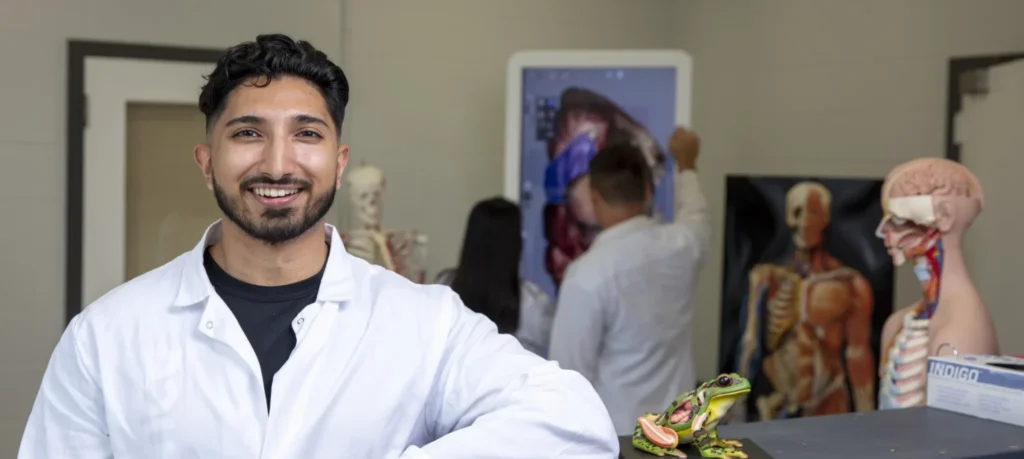
Biomedical Sciences – Interdisciplinary Health Sciences
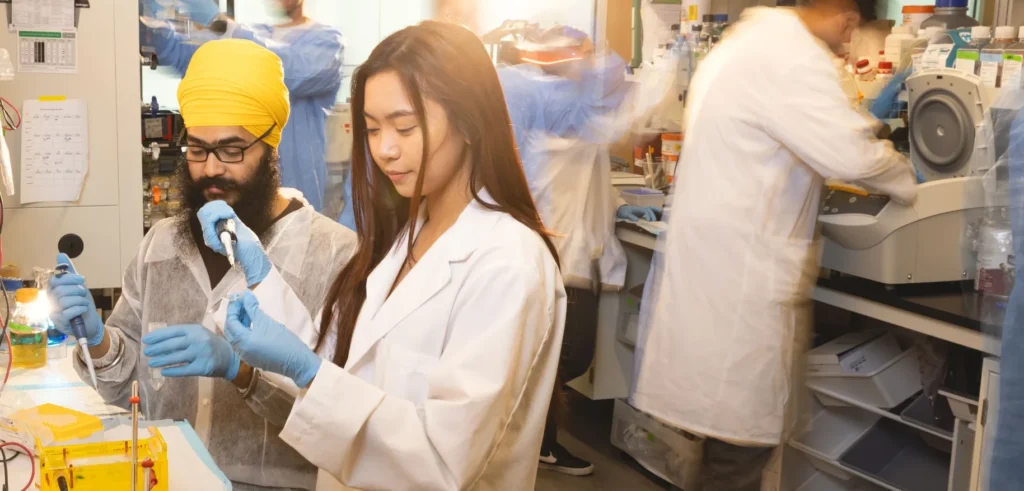
Mathematics, BMath (Honours)

Katherine Vrantsidis

Math + UWindsor = Great Student Experience. The professors are supportive, and the student body has a community feel. The courses provide exposure to many sub-disciplines of mathematics along with flexibility to pursue your interests. I did research through the Outstanding Scholars program and was the President of the Mathematics & Statistics Student Association, among […]
Mathematics / Concurrent Education

General Science / Concurrent Education

Business Administration and Economics

Economics, BSc

Economics, BA (Honours)

Jessica Garant

The Commercial Aviation Leadership program has provided me with a well-rounded education and leadership skills that I will take with me as I pursue my dream of flying for a commercial airline.
Diana Cuckovic, MD

“My experience in the Chemistry Department at the University of Windsor gave me the skills to be self-sufficient, confident and curious. I was constantly surrounded by students reaching beyond their limits to reach their goals, with supportive faculty giving us the tools to do so. Between strong educators, access to research and being involved in […]
Alex Ward

“My passion has always been in research and innovation. Being in the biological sciences exposed me to various research fields from immunology, and developmental biology to cell and molecular biology. The faculty are well-published and approachable. They are happy to mentor students and help them succeed.”
Megan Mickle

“The Biology department at the University of Windsor is an outstanding organization to be a part of, in terms of both learning and research. The professors are passionate about their jobs and are willing to go the extra mile to facilitate a great learning experience. The department is also representative of a tight knit community, […]
Behaviour, Cognition and Neuroscience
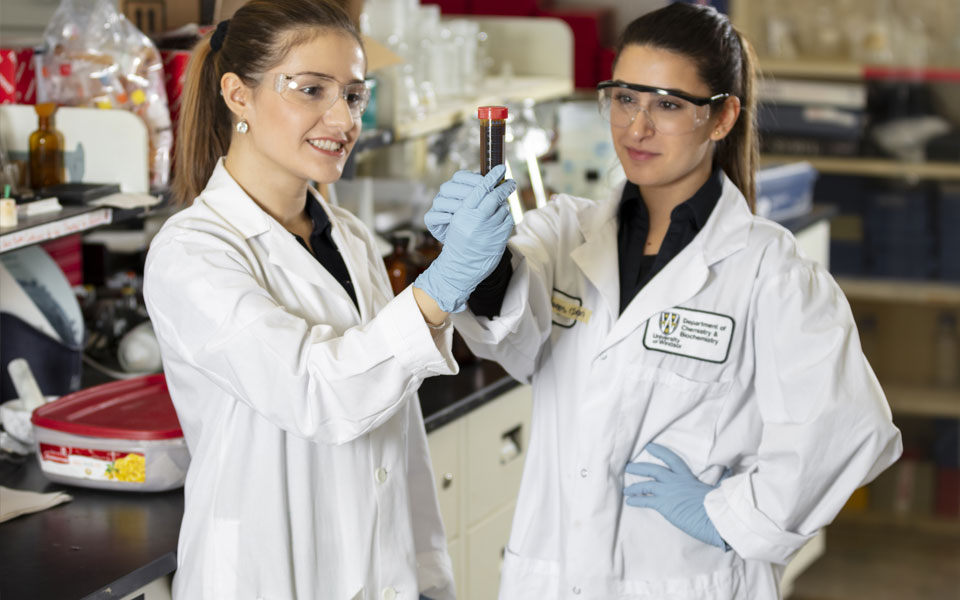
Jessica Garabon

“The Behaviour, Cognition and Neuroscience program provided me with invaluable academic opportunities. An early integration into research combined with the unremitting support from admirable faculty truly inspired my passion for science and discovery. I have gained so much from this program and will continue to apply my experiences in research and medicine.”
ECON 1100: Introduction to Economics I
An introduction to microeconomics intended to provide students with the tools necessary to begin to understand and evaluate how resources are allocated in a market economy. Specific topics include how markets function, theories of the business firm, of consumer behaviour and of income distribution. The economic roles of labour unions and government are also covered. […]
ECON 1110: Introduction to Economics II
This course is an introduction to macroeconomics. The emphasis is upon measuring and explaining what determines economic aggregates such as the total national product (GDP) and the level of prices and employment. The role of money and financial institutions, the impact of international trade and the policy options available to governments for coping with inflation […]
MATH 1760: Functions and Differential Calculus
This course will cover a review of functions, trigonometric functions and identities, transcendental functions, inverse trigonometric functions, introduction to limits, continuity, derivatives and applications, mean value theorem, indeterminate forms and l’Hôpital’s rule, antiderivatives and an introduction to definite integrals. This course is for students who have taken Ontario Grade 12 Advanced Functions (MHF4U), but have […]
MATH 1720: Differential Calculus
This course will cover trigonometric functions and identities, inverse trigonometric functions, limits and continuity, derivatives and applications, mean value theorem, indeterminate forms and l’Hôpital’s rule, antiderivatives and an introduction to definite integrals. This course is for students who have taken both Ontario Grade 12 Advanced Functions (MHF4U) and Ontario Grade 12 Calculus and Vectors (MCV4U). […]
MATH 1270: Linear Algebra (Engineering)
This course will cover linear systems, linear transformations, matrix algebra, determinants, vectors in Rn, dot product, orthogonalization, diagonalization, eigenvectors and eigenvalues, in the context of and with an emphasis on a broad range of applications in Science and Engineering. (Prerequisite: MATH-1280 or both Ontario Grade 12 Advanced Functions (MHF4U) and Calculus and Vectors (MCV4U)) (Antirequisite: […]
MATH 1730: Integral Calculus
This course will cover antiderivatives, the definite integral and the fundamental theorem of calculus, techniques of integration, applications, improper integrals, sequences and series, convergence tests, power series, Taylor and Maclaurin series, and polar and parametric coordinates. (Prerequisite: MATH- 1760 or MATH-1720.) (3 lecture hours, 1 tutorial hour per week.)
MATH 1250: Linear Algebra I
This course will cover linear systems, matrix algebra, determinants, n-dimensional vectors, dot product, cross product, orthogonalization, eigenvalues, eigenvectors, diagonalization and vector spaces. (Prerequisites: Both Ontario Grade 12 Advanced Functions (MHF4U) and Calculus and Vectors (MCV4U) or MATH-1280.) (Antirequisites: MATH-1260, MATH-1270.) (3 lecture hours, 2 tutorial hours per week.)
MATH 1260: Vectors and Linear Algebra
This course is for students without Ontario Grade 12 Calculus and Vectors (MCV4U). The course MATH- 1250 is for students with MCV4U. This course will cover vectors, three-dimensional geometry, linear systems, matrix algebra, determinants, n- dimensional vectors, dot product, cross product, orthogonalization, eigenvalues, eigenvectors, diagonalization and vector spaces. The course is equivalent to MATH-1250 for […]
MATH 1020: Mathematical Foundations
This course will cover mathematical logic, proof methods and development of proof techniques, mathematical induction, sets, equivalence relations, partial ordering relations and functions. (Prerequisite: One of COMP-1000, MATH-1250, MATH-1260 or MATH-1270.) (2 lecture hours, 2 tutorial hours per week.)
MATH 1780: Access to Differential Calculus
The course will cover straight lines, relations and functions, trigonometric functions, limits, derivatives, curve sketching, equations and inequalities, transformations, symmetry, exponential and logarithmic functions. This course serves as the prerequisite for MATH-1720 and MATH-1760. Majors in Science, majors in Engineering and students with at least 70% in Ontario Grade 12 Advanced Functions (MHF4U) will not […]
PHYS 1300: Introductory Physics for Life Sciences I
This is an algebra-based course intended for students interested in the biological or health sciences, or related disciplines. The topics covered include the basic mechanical concepts of force, work and energy, properties of matter, and heat, with examples and applications drawn from the modeling of biological systems. (Prerequisites: one 4 “U” or OAC mathematics course […]
PHYS 1305: Introductory Physics for Life Sciences I (B)
This is an algebra-based course intended for students interested in the biological or health sciences, or related disciplines. The topics covered include the basic mechanical concepts of force, work and energy, properties of matter, and heat, with examples and applications drawn from the modeling of biological systems. This course serves as the prerequisite for PHYS-1400 […]
PHYS 1310: Introductory Physics for Life Sciences II
This course is a continuation of PHYS-1305 intended for students interested in the biological or health sciences, or related disciplines. The topics covered include wave motion, sound, electricity and magnetism, light, and an introduction to topics in modern physics involving the life sciences such as the quantum nature of radiation and its interaction with biomolecules, […]
PHYS 1400: Introductory Physics I
First semester in a four-semester sequence in calculus-based introductory physics with an emphasis on mechanics. (Prerequisites: Grade 12“U” Advanced Functions and Introductory Calculus or equivalent. Recommended co-requisite: MATH-1720.) (3 lecture hours per week, 3 laboratory hours per week.) Open to students in Engineering, Human Kinetics, Forensic Science, Bachelor of Arts and Science, and all programs […]
PHYS 1410: Introductory Physics II
Second semester in a four-semester sequence in calculus-based introductory physics with an emphasis on electricity and magnetism. (Prerequisite: PHYS-1400 or GENG-1110. Recommended co-requisite: MATH-1730.) (3 lecture hours per week, 3 laboratory hours per week.) (Antirequisites: PHYS-1310) (Open to students in Engineering, Human Kinetics, Forensic Science, Bachelor of Arts and Science, and all programs within in […]
STAT 2910: Statistics for the Sciences
This course will cover descriptive statistics, probability, discrete and continuous distributions, point and interval estimation, hypothesis testing, goodness-of-fit and contingency tables. (Prerequisite: Grade 12 “U” Advanced Level Mathematics (MHF4U, MCV4U, MDM4U) or Grade 11 Functions and Applications (MCF3M) or Grade 11 Functions (MCR3U).) (Course equivalencies and antirequisites as stated in the University of Windsor Senate […]
ESCI 2400: Geomorphology
The geological processes operating on or near Earth’s surface and the development and evolution of erosional and depositional landforms as a result of glacial ice, permafrost, wind, running water, gravity, waves and tides, and exposure to the atmosphere. (3 lecture hours a week.)
ESTU 1100: Humans and the Environment – An Introduction to Environmental Studies
Humans use energy and resources from our natural surroundings to live, and to develop our societies and cultures. This use has an impact on other animals and plants, and on the air, water, and land. Our impact is now so great that we are in danger of depleting or destroying many of the natural systems […]
FRSC 1000: Introduction to Forensic Science
This course will survey the many disciplines of Forensic Science from the crime scene, to the laboratory, and ultimately to the courtroom. It will incorporate expertise in crime scene and death investigations including bloodstain pattern analysis, forensic pathology, entomology, and anthropology. It will also include guest speakers from the fields of forensic biology, chemistry, and […]
ESCI 1100: Environmental Systems – An Introduction to Environmental Science
An introduction to the components of Earth’s environment (geosphere, biosphere, atmosphere, and hydrosphere) and the principles and processes defining and influencing environmental systems (energy and matter cycles). Human interactions with, and influences on, the environment will be examined (resource and land use, waste and pollution, development, conservation and sustainability). This course is designed for Science […]
ESCI 1111: Introduction to Earth Science
An introduction to Earth’s physical character and the processes that shape our planet. The focus is on the geosphere: Earth materials, weathering, sedimentation, magmatism and volcanism, metamorphism, deformation, earthquakes, mountain building, and Earth’s internal structure. These will be examined in the context of the origin of Earth, geologic time, and plate tectonics. The nature of […]
ESCI 1130: Atmosphere and Climate
An introduction to the atmosphere and the basic principles of meteorology and climatology. Topics include weather systems, atmospheric pollution and inadvertent climate modification, climate change and relationships between climate and living organisms. (3 lecture hours a week.)
ESCI 1141: Cartography and Digital Mapping
This introductory course focuses on the key elements of map design, representation of spatial data and map interpretation. Topics will include projections, datums and coordinate reference systems, scale properties and unit calculations, map symbology and map accuracy. Different mapping approaches, such as choropleth, isoline and dot mapping will be utilized throughout the course. Web-based mapping […]
CHEM 1110: General Chemistry II
A continuation of CHEM-1100 covering topics such as chemical kinetics, general equilibrium theory, acid- base theory, chemical thermodynamics, and introduction to organic chemistry. (Prerequisite: CHEM- 1100.) (3 lecture, 3 laboratory/tutorial hours a week.)
BIOL 1101: Cell Biology
Examination of the principles governing living systems, with emphasis on the molecular and cellular basis of life, molecular genetics, energetics, differentiation, and development. (Grade 12 “U” Biology or equivalent, or BIOM-1003 and BIOL-1013 are strongly recommended) (3 lecture, 3 laboratory hours a week.)
BIOL 1111: Biological Diversity
Principles governing living systems; the origins and diversity of life; evolution, reproduction, and heredity; the structure and function of viruses through plants and animals; basic principles of ecology. (Grade 12“U” Biology or equivalent, or BIOM-1003 and BIOL-1013 are strongly recommended) (3 lecture, 3 laboratory hours a week.)
BIOM 1073: Introductory Medical Microbiology
This introductory course provides a foundation in microbiology relating to Nursing. Key concepts in the biology of infectious agents, human-microbe interactions, mechanisms of microbial diseases, control of microbial growth, immunology, epidemiology, and public health. (Open only to Nursing students. May not be used for credit in any Science program.) (Co-requisite: Registration in all courses required […]
CHEM 1100: General Chemistry I
Introductory concepts in chemistry, including reactions of atoms, ions, and molecules, solution stoichiometry, thermochemistry, electronic structure of atoms, basic chemical bonding and molecular geometry, periodic properties of the elements, and the theory of gases. (Prerequisite: Grade 12“U” Chemistry or equivalent,or consent of the instructor.) (3 lecture, 3 laboratory/tutorial hours a week.)
Ashad

Taking Computer Science at University of Windsor has allowed me to explore so many different fields and topics that now I have a much better idea of what I want to achieve in my future. From data structures to website design classes, I’ve gained useful knowledge in various areas thanks to the amazing faculty and […]
Parmida

After the first day I started playing video games, I knew I wanted my future job to do something with them. I am now studying computer science and hopefully will be able to program games of my own soon. It took me years of researching in different fields before I knew what path I wanted […]
Bryce St. Pierre

I made some great friends in my program and had the chance to work on interesting group projects. I also was able to establish some great contacts through my job experiences as part of the co-op program. All in all, you will get out of Computer Science what you put into it.
Physics

Mathematics and Statistics

Interdisciplinary Arts and Science

Forensic Science (BFS)

Environmental Science
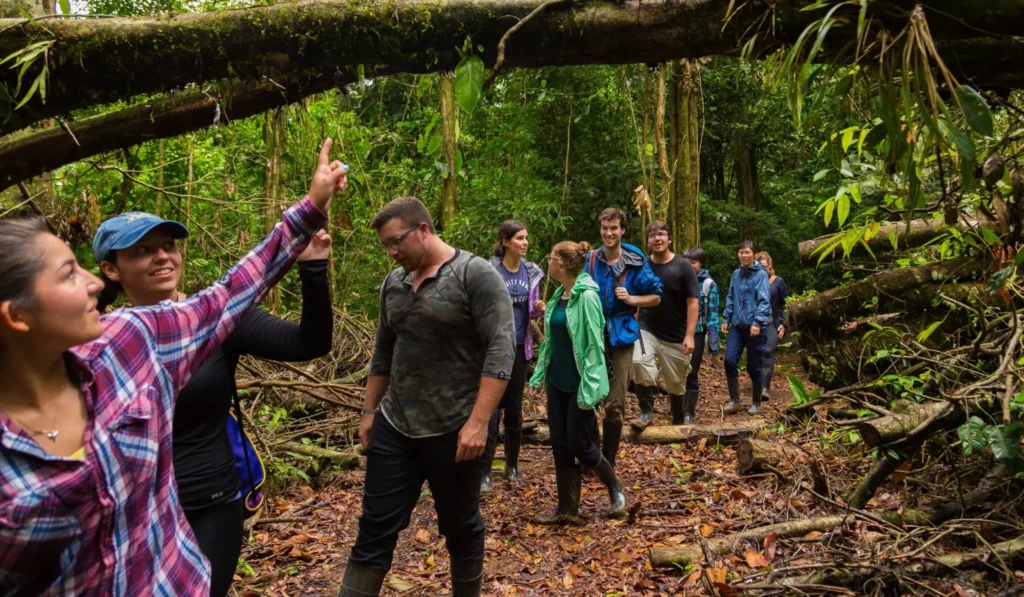
Computer Science (Honours)

Chemistry
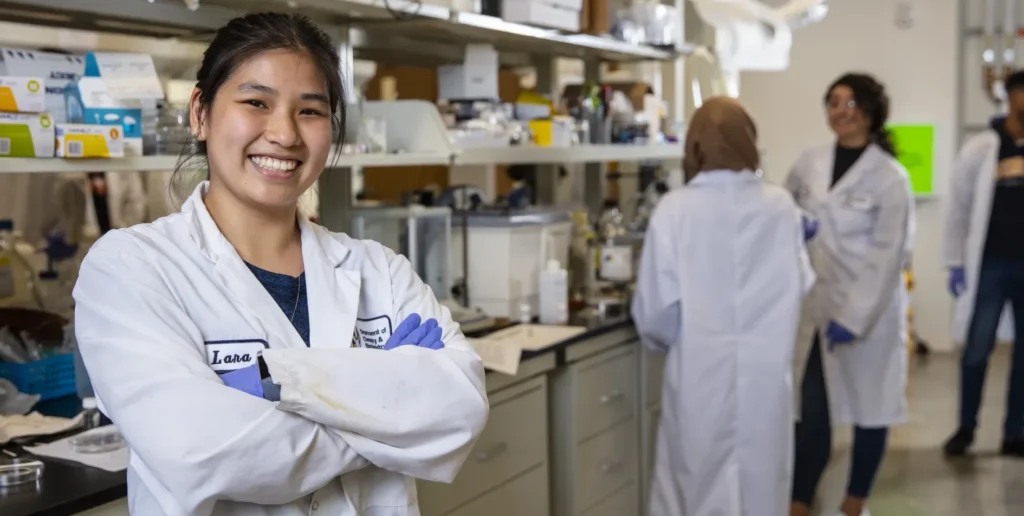
Biomedical Sciences
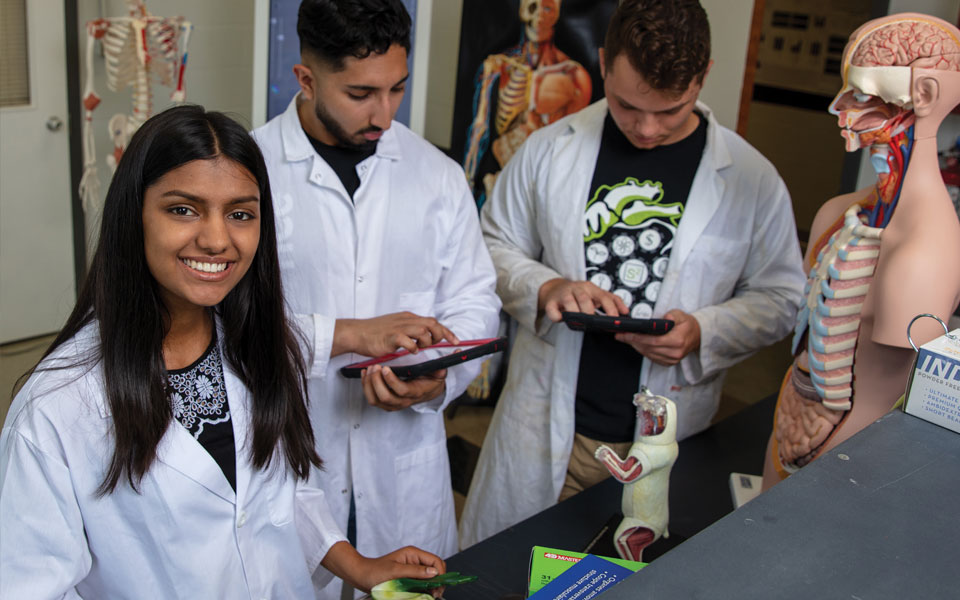
Biological Sciences
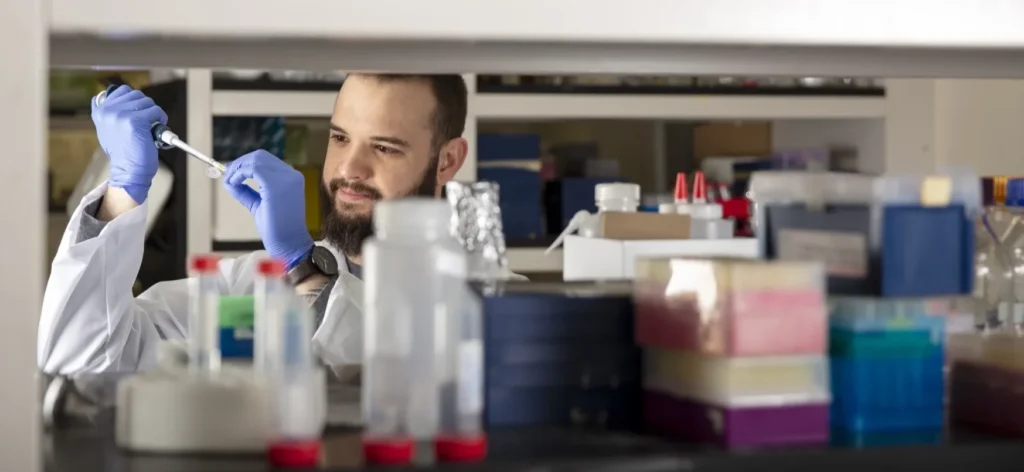
Biochemistry
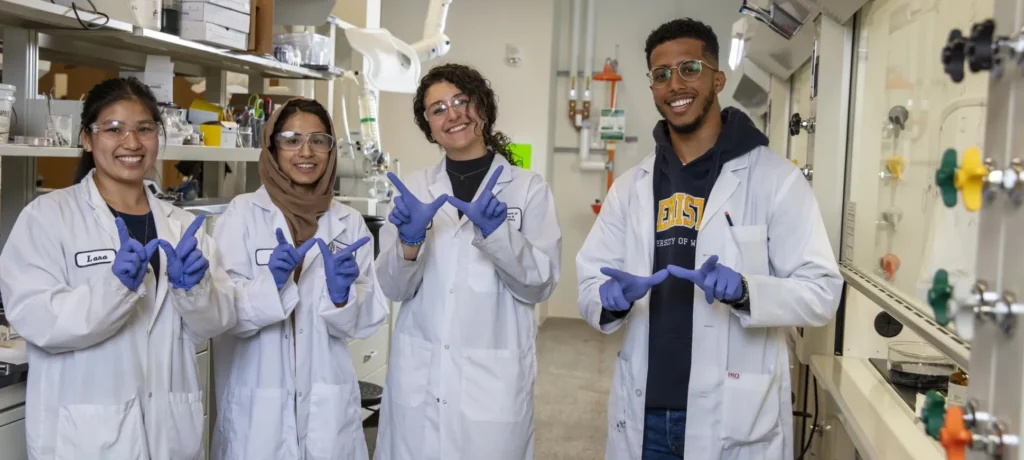
Computer Science, Computer Information Systems

Science
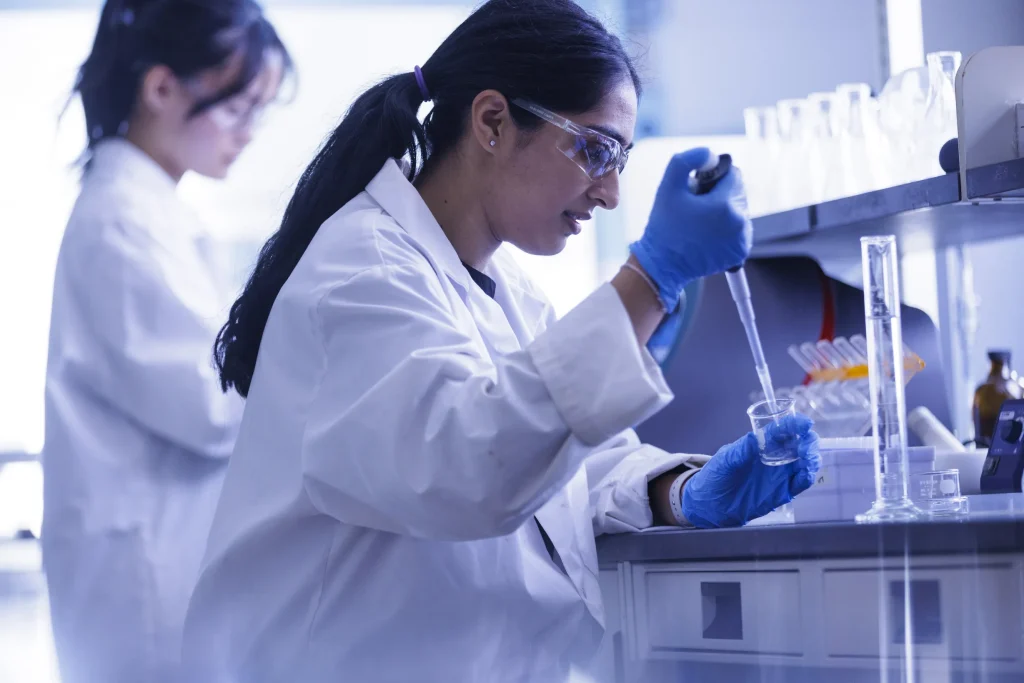
Our programs provide you with career-relevant skills in critical thinking, problem solving and communication through internships, co-ops, undergraduate research, service learning, study abroad, and studies in the field – like the students above who went to Costa Rica for course credit!